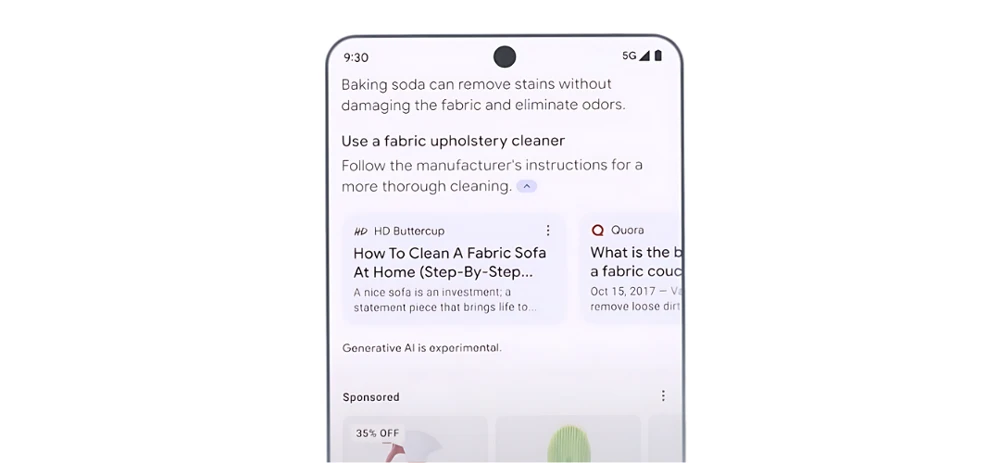AI has been on everybody's minds recently, with new AI product launches happening left, right, and centre. In the SEO industry, there's been a long-standing joke that technical messiahs annually predict the death of SEO. Is the end nigh?
If this is the first time you've come across the term enshittification, it's a concept that, while yet to be officially recognised, is starting to gain mainstream use. I first saw it mentioned a couple of years ago in the Financial Times article 'Enshittification' is coming for absolutely everything.
But what is it? It refers to "the gradual degradation of online platforms, where initial user-focused benefits are replaced by profit-driven decisions that exploit both users and business customers, ultimately leading to the platform's decline." (Thanks ChatGPT).
How do platforms deteriorate over time?
The process typically follows these stages:
Stage One: Attract Users with High-Quality, Free Services
Platforms initially offer valuable, user-centric services to attract a large user base. The focus is on providing exceptional user experiences and building trust. Get as many users onto your platform as possible, hello ChatGPT.
Stage Two: Introduce Monetisation
Once a substantial user base is established, the platform starts monetising its users. This may include advertisements, premium services, and partnerships with businesses. We're seeing this with the decrease in TikTok's content quality right now.
Stage Three: Prioritise Profits Over User Experience
Over time, the platform shifts its focus from user satisfaction to maximising profits. This leads to increased ads, sponsored content, and data exploitation, often at the expense of the user experience. At this point, companies have gone public and have to answer to the shareholders. The best example for this stage I can think of is Reddit.
Stage Four: Exploitation and Decline
The relentless pursuit of profit results in a significant decline in the quality of the platform. Users feel exploited as their data is harvested aggressively, and the platform becomes cluttered with ads and low-quality content. This eventually drives users away, leading to the platform's decline. “Here lies Twitter / X. RIP.”
Google’s upcoming AI advancements spell trouble
Google's latest keynote (Google I/O' 24) bolstered an impressive array of AI features related to their Gemini generative AI model. Features such as AI overviews in search, photo, video, and workplace are all due to roll out in 2024, so we're seeing a big shift in the Google product suite. A shift that I predict moves Google from stage three to stage four in the enshittification journey.
Google is still clearly king in market share of search engine search data. Stat Counter has its share at 90.91%, and Statista reports it as 81.95%. However, one thing they both have in common is that they have both shown a decrease by a few percentage points in the past 12 months.
The sceptic in me sees a worrying trend in the move away from useful content to AI and sponsored ads. In my previous blog post, I've covered this in detail about the rise in SEO spam and how it's here to stay.
A few questions arise from these worrying trends
How much can we trust AI content?
How useful is it?
Is our data safe?
As we monetise platform experience more and more, will they eventually push users away from the platform?
Let's dig in.
Google announced it's moving its primary focus from user-centric experience to profit-driven decisions.
Not exactly in those words. But Google announced moving to a new search results page prioritising AI features and ads. "More choice leads to more opportunities for advertisers. You may have noticed that we already show ads above and below AI overviews. These ads are matched to the user's search query." On these shopping pages, we'll now see the organic results below two sets of ads and an AI overview.




